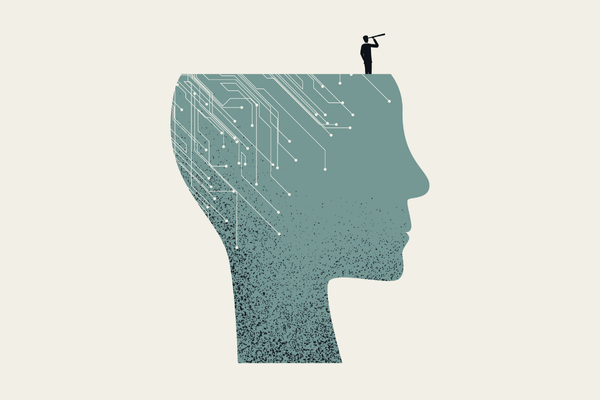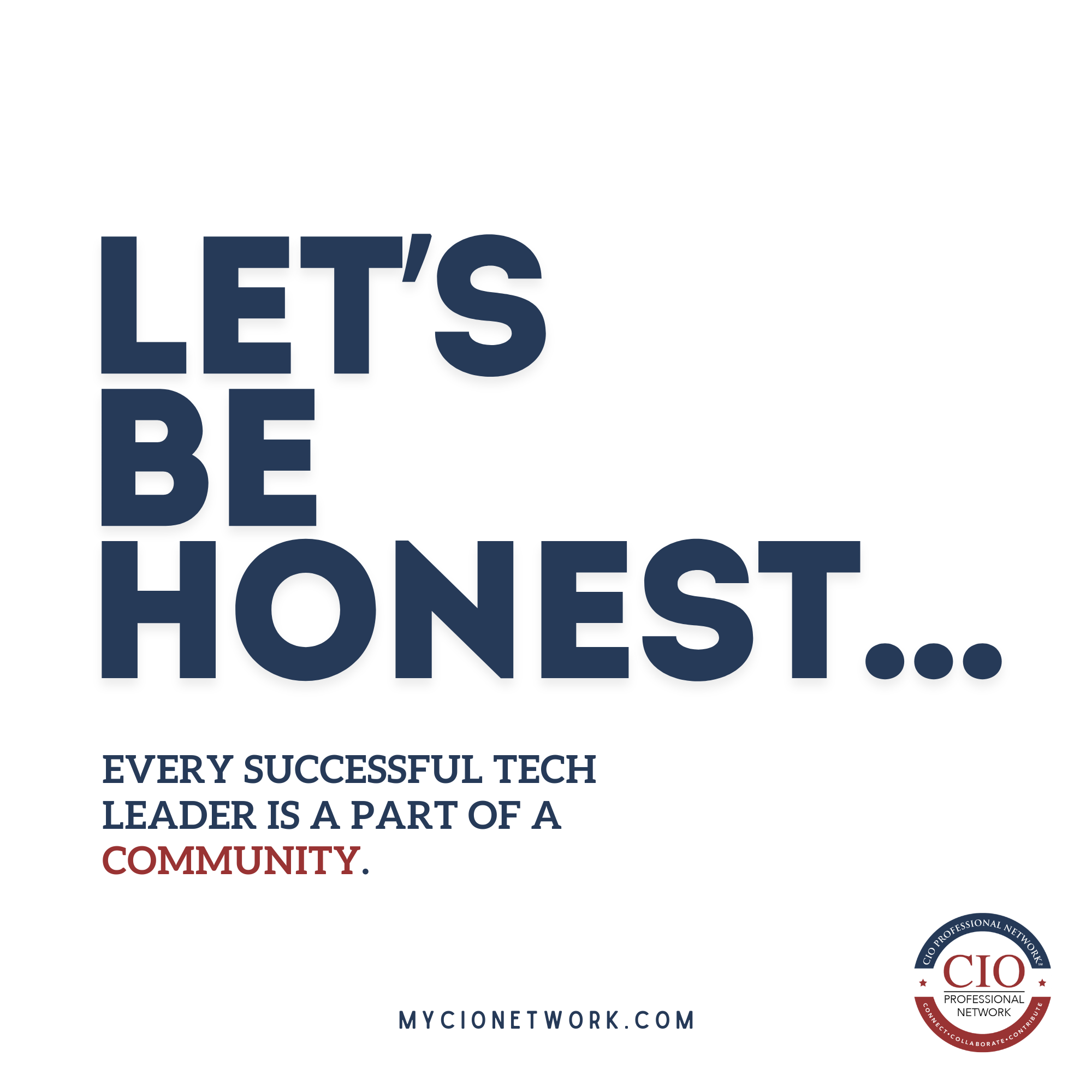In an age of artificial intelligence and evolving workplace tools, it may seem right to double down on technical training and machine learning. However, Amazon Web Services CEO Matt Garman is taking a different stance.
Garman explains that the ability to think critically will have the biggest edge in the future workforce over coding or computer science degrees.
In fact, Garman, who leads Amazon’s cloud computing powerhouse, advised his own teenage child to focus on developing critical thinking during college. He emphasized that this core cognitive skill, alongside adaptability and communication, will be essential as AI systems increasingly take over routine and technical tasks.
While automation can generate ideas and perform calculations, Garman argues that only humans can effectively judge quality and nuance.
Why It Matters: As AI reshapes industry, the value of uniquely human capabilities is becoming clearer. Critical thinking, creativity, and emotional intelligence are difficult, if not impossible, for machines to replicate. Investing in soft skill development is quickly becoming a key strategy in the digital transformation era.
- Critical Thinking Is the “No. 1 Skill”: Matt Garman stressed that the ability to think critically is more essential than any specific technical knowledge. His advice to his own high school senior was to use college to build mental agility and analytical skills. Garman believes that the capacity to reason and evaluate complex situations will only grow in importance as AI becomes more embedded in everyday work.
- AI Automates, But Humans Curate: Garman’s perspective echoes that of OpenAI CEO Sam Altman, who noted in 2024 that while AI can “generate lots of great ideas,” human oversight is needed to interpret true value. Machines can simulate creativity, but they can’t replicate the emotional depth, cultural insight, and judgment that people provide, especially when making decisions that impact real lives and markets.
- Soft Skills Are the New Power Tools: Additionally, Garman emphasized adaptability and communication as top-tier competencies. With new AI tools emerging rapidly, the most valuable workers will be those who can adjust smoothly to new systems and workflows. Automations and AI cannot replicate the social cues or empathetic touch required for many specialties; they are fundamental communication skills that will remain crucial within collaborative or customer-facing roles.
- Skill-Building Starts Early and Never Stops: The implication for leaders is that talent development strategies must rebalance. Technical fluency remains essential, but future-ready teams must invest in broader cognitive and interpersonal skills. From executive coaching on strategic thinking to enterprise-wide initiatives on adaptive learning, L&D programs must reflect the new demands of human-machine collaboration.
- Hiring and Retention Will Follow Human-Centric Value: According to LinkedIn’s 2024 workforce insights, companies already prize adaptability and problem-solving in hiring criteria. As AI adoption scales, retention will increasingly favor those who can evolve alongside the technology. Garman’s comments suggest that attracting top-tier talent may depend on how well companies foster and value human ingenuity in an AI-enhanced world.
Trusted insights for technology leaders
Our readers are CIOs, CTOs, and senior IT executives who rely on The National CIO Review for smart, curated takes on the trends shaping the enterprise, from GenAI to cybersecurity and beyond.
Subscribe to our 4x a week newsletter to keep up with the insights that matter.






